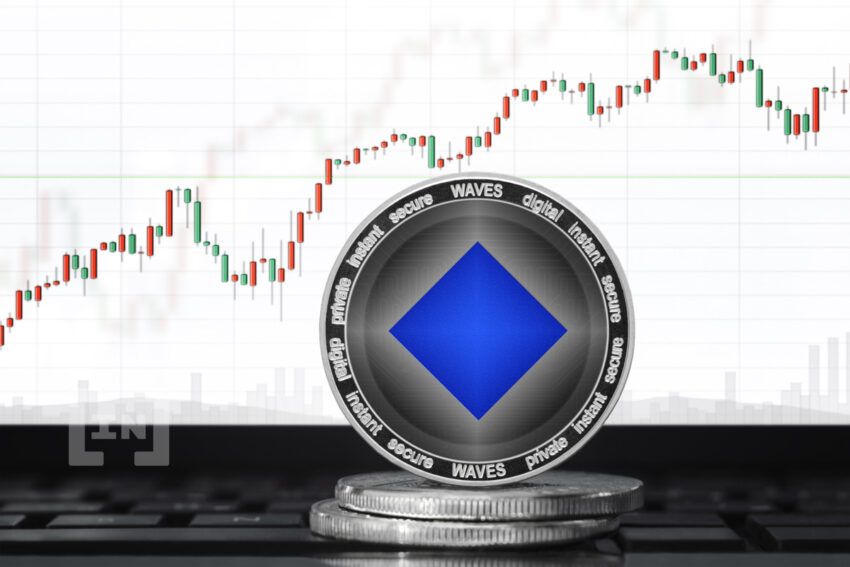Waves founder and CEO Sasha Ivanov has accused Alameda Research of market manipulation after the price of the WAVES token slumped more than 45% in four days.
The allegations come as Neutrino dollar, or USDN, an algorithmic stablecoin native to the Waves ecosystem, lost its peg against the U.S. dollar, falling by as much as 20% to around $0.80 yesterday.
Writing on Twitter, Ivanov alleged that Alameda manipulated the price of WAVES in order to cover a short position, which it supposedly opened against the token.
He also accused Sam Bankman-Fried’s trading firm of promoting a hostile social media campaign to trigger panic selling.
Earlier, several people accused the Waves management of manipulating the price of its token via its DeFi lending protocol Vires Finance. Ivanov dismissed the allegations, blaming Alameda instead.
“They [Alameda] were the first to push the [WAVES] price on FTX. But after the position was closed with profit the subsequent short trade they opened failed because the price kept going up. Borrowing and FUD had to bring the price down and make the short profitable,” claimed Ivanov.
WAVES hit an all-time high last month
WAVES rallied more than 250% last month, hitting an all-time high of $63 on March 31. But the token, an inflationary cryptocurrency for the Waves ecosystem, has sharply declined ever since, tanking 25% to $35 in a day.
Sam Bankman-Fried, founder and CEO of crypto exchange FTX, dismissed the allegations by Ivanov as a “bullshit conspiracy theory”.
Ivanov has now submitted a new governance proposal, ostensibly to limit what he considers to be bad behavior.
The proposal says: “In order to prevent price manipulation and protect the ecosystem I propose to temporarily reduce the liquidation threshold for Waves and USDN borrowing to 0.1%. Also, I propose to limit the maximum borrow APR (annual percentage rate) to 40%.”
The proposal has been met with harsh criticism. “This is a terrible proposal,” said one user, responding on the Vires Finance forum. “Just because we don’t like that a party took a big short position doesn’t mean we should change the protocol to target them back. They are using the platform as intended. Just let it play out and enjoy the rewards [sic],” added the user.
USDN stablecoin loses peg
Meanwhile, Neutrino dollar, or USDN, an algorithmic stablecoin of the Waves ecosystem, lost its 1:1 peg to the U.S. dollar yesterday after the price of the underlying WAVES token crashed.
The stablecoin dropped almost 20% to $0.80, according to Coinmarketcap data. USDN’s total market capitalization fell more than 15% to $837 million in the previous 24 hours.
Analysts say the decline may have started on March 31, warning that the stablecoin could become insolvent should WAVES continue to tumble.
USDN is minted when users lock their tokens in the Neutrino smart contracts.
The stablecoin is supposedly built to sustain potential declines in the price of WAVES that may result in a de-peg. But the so-called “backing ratio”appears to have failed.
Disclaimer
In adherence to the Trust Project guidelines, BeInCrypto is committed to unbiased, transparent reporting. This news article aims to provide accurate, timely information. However, readers are advised to verify facts independently and consult with a professional before making any decisions based on this content. Please note that our Terms and Conditions, Privacy Policy, and Disclaimers have been updated.

